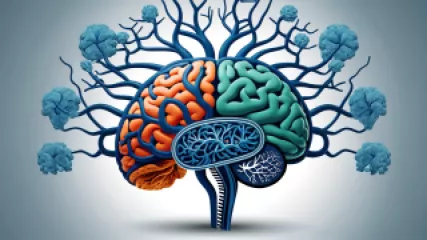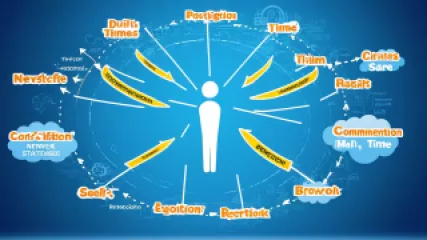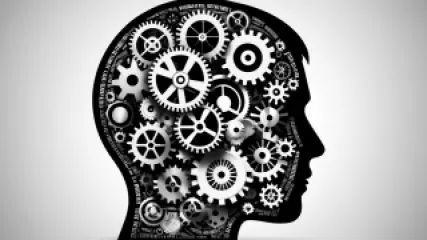The Ultimate Guide to Cultivating Grit
vor 1 Jahr
Zähigkeit fördern
The Art of Nurturing Perseverance: A Step-by-Step Guide to Cultivating Grit
vor 1 Jahr
Zähigkeit fördern
Exploring the Mind-Body Dichotomy: A Research Summary
vor 1 Jahr
Geist-Körper-Dichotomie
Unlocking the Secrets of Success Psychology: A Step-by-Step Guide
vor 1 Jahr
Erfolgspsychologie
Exploring the Intersection of Philosophy and Psychology: A Research Summary
vor 1 Jahr
Philosophie und Psychologie
10 Steps to Achieving Success with Psychology
vor 1 Jahr
Erfolgspsychologie
10 Proven Strategies for Mindful Success Coaching
vor 1 Jahr
Erfolgspsychologie
The Persuasive Power of Psychology: A Deeper Dive
vor 1 Jahr
Überzeugungspsychologie
Cultivating Grit: 5 Life-Changing Lessons from Inspiring Movies
vor 1 Jahr
Zähigkeit fördern
Bridging the Mind-Body Divide: A Holistic Perspective
vor 1 Jahr
Geist-Körper-Dichotomie
Top Mental Health Apps for Emotional Well-Being
vor 1 Jahr
Apps für psychische Gesundheit
Mastering Emotional Intelligence Basics: A Step-by-Step Guide
vor 1 Jahr
Grundlagen der emotionalen Intelligenz
Why Understanding Emotional Intelligence Basics is Crucial
vor 1 Jahr
Grundlagen der emotionalen Intelligenz
Top 10 Signs of Self-Sabotage You Shouldn't Ignore
vor 1 Jahr
Selbstsabotage verstehen















